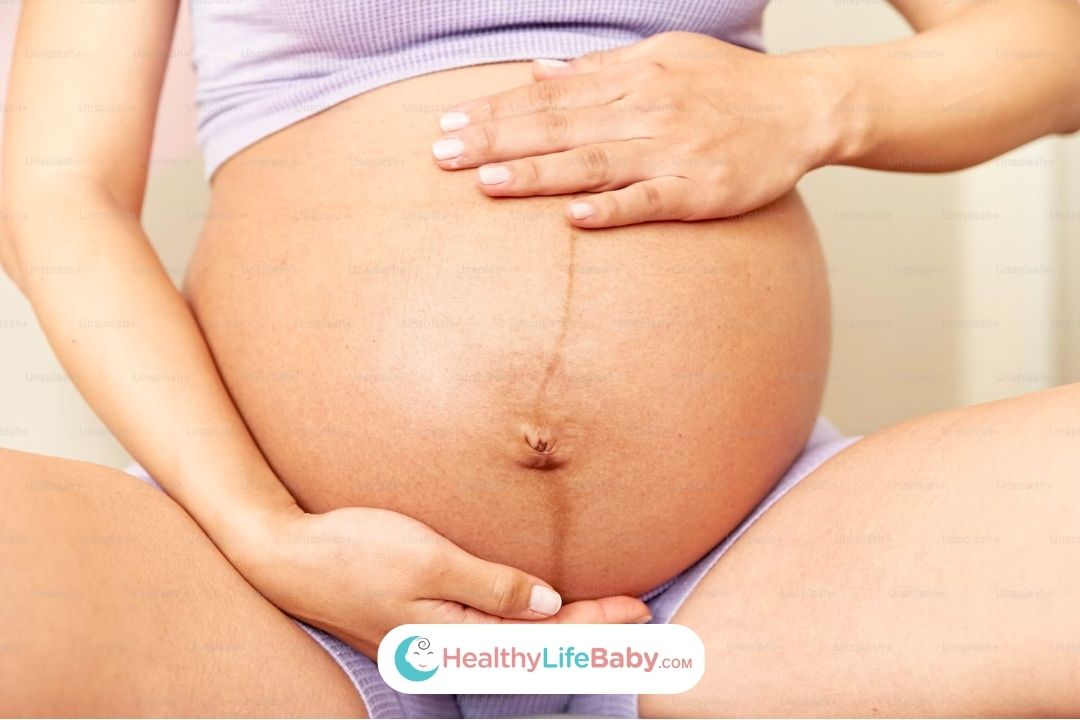Hiccups are a common and normal occurrence during pregnancy. It’s a feeling that most expectant mothers have experienced at some point in their pregnancy. However, if your baby is breech, you may notice that the location of hiccups is different from a baby in a head-down position. In this article, we’ll explore where do you feel hiccups if baby is breech, as well as other relevant information on this topic.
In This Article
Introduction
Hiccups are a reflex action that occurs when the diaphragm contracts involuntarily, causing a sudden intake of breath. Hiccups can be caused by a variety of factors, such as eating too fast, drinking carbonated beverages, or experiencing emotional stress. During pregnancy, hiccups can be caused by the growing uterus putting pressure on the diaphragm. It is a common occurrence during pregnancy, and most women experience it at some point.
Fetal Position and Hiccups
The position of your baby in the womb can impact where you feel hiccups. A breech position is when the baby is positioned feet or buttocks first instead of head down. If your baby is in a head-down position, you may feel hiccups low in your pelvis, whereas if your baby is in a breech position, you may feel hiccups higher up in your abdomen.

Why Do Babies Get Hiccups in the Womb?
Hiccups are a normal part of fetal development and can be felt as early as 11 weeks gestation. The exact cause of fetal hiccups is unknown, but it is believed to be related to the development of the diaphragm and the role of amniotic fluid. Hiccups can also be caused by other factors such as the baby swallowing amniotic fluid, which stimulates the diaphragm.
Causes of Hiccups in Babies in the Womb
Hiccups in babies in the womb occur when the diaphragm muscle contracts involuntarily. This causes a sudden rush of air into the lungs, which is then followed by the closure of the vocal cords, producing the “hic” sound. Hiccups are a normal part of fetal development and are usually nothing to worry about.
Some factors that may cause hiccups in babies in the womb include:
- Swallowing amniotic fluid
- Fetal movement
- A full stomach
- Acid reflux
Where Do You Feel Hiccups If Baby is Breech?
If your baby is head down, you may feel hiccups in your lower abdomen or pelvic area. This is because the baby’s head is pressing against your cervix, and the contractions are felt in this area. You may also feel hiccups in your lower back or hips.
It is important to note that every pregnancy is different, and you may feel hiccups in different areas depending on your baby’s position.
When to be Concerned About Hiccups
Hiccups during pregnancy are typically harmless and do not require medical attention. However, there are some instances where increased frequency of hiccups or decreased fetal movement could indicate a problem. If you notice a significant increase in the frequency of hiccups or a decrease in fetal movement, it’s important to seek medical attention.
How to Relieve Hiccups During Pregnancy
Hiccups during pregnancy can be uncomfortable but are usually not a cause for concern. There are several home remedies that can help relieve hiccups, such as sipping on water or eating a teaspoon of sugar. If home remedies do not work, some medications can be prescribed to help alleviate the symptoms.
-
Are hiccups during pregnancy harmful to my baby?
Hiccups during pregnancy are usually harmless and do not affect the health of your baby.
-
Can the frequency of hiccups indicate a problem with my baby?
An increase in the frequency of hiccups or a decrease in fetal movement could indicate a problem and require medical attention.
-
Is it normal to feel hiccups in a breech position?
Yes, hiccups in a breech position are normal and typically felt higher up in the abdomen.
-
How can I relieve hiccups during pregnancy?
Home remedies such as sipping water or eating a teaspoon of sugar can help relieve hiccups during pregnancy. If home remedies do not work, medications can be prescribed.
-
Can hiccups cause any harm to the mother during pregnancy?
Hiccups during pregnancy do not usually cause any harm to the mother.
Conclusion
In conclusion, hiccups are a common occurrence during pregnancy and are usually harmless. The position of the baby in the womb can impact where you feel hiccups, with breech babies causing hiccups higher up in the abdomen. Fetal hiccups are a normal part of development and do not typically require medical attention. However, if you notice a significant increase in the frequency of hiccups or a decrease in fetal movement, it’s important to seek medical attention.
https://healthylifebaby.com/mother-hiccups-during-pregnancy/








